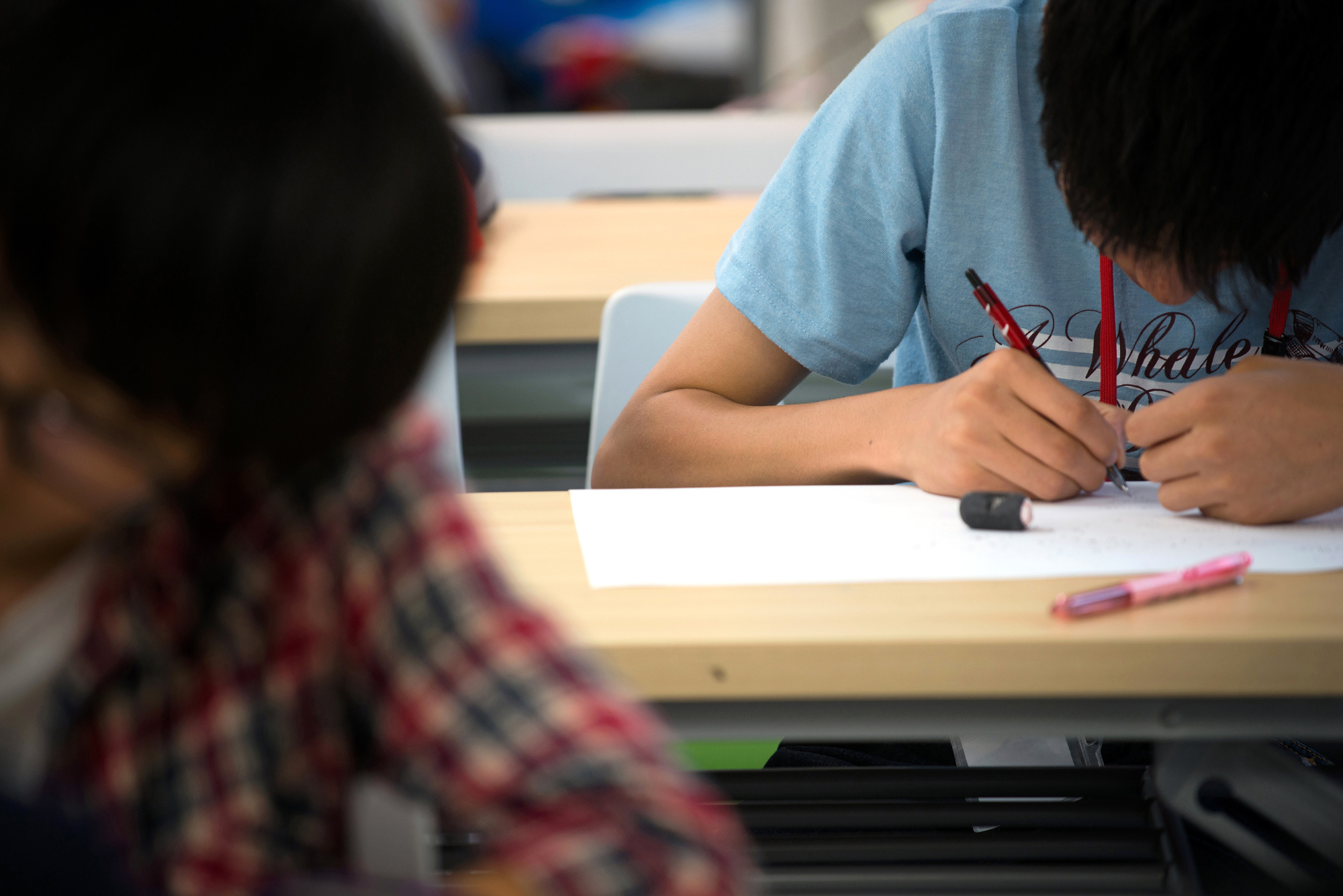There is a driven, compulsive quality to Japanese education, which emerges clearly in a report by Shukan Toyo Keizai magazine titled "Schools are breaking down."
Technological progress has a side-effect: an economy that demands higher and higher education as the price of admission into it. Children struggle to learn, and teachers to teach, more and more. Two resulting symptoms are overworked teachers and bullied, or bullying, children.
Karōshi (death from overwork) is a familiar phenomenon in the private sector but not one commonly associated with the teaching profession. And yet 60 percent of public junior high school teachers are "borderline karōshi," Toyo Keizai says, meaning they work at least 60 hours a week, though contracted to work only 38 hours, 45 minutes. The overtime hours, largely unpaid, are spent preparing lessons, grading assignments and tests, supervising extra-curricular activities, counseling, dealing with concerned and/or obnoxious parents, attending meetings, handling administrative chores and so on.


















With your current subscription plan you can comment on stories. However, before writing your first comment, please create a display name in the Profile section of your subscriber account page.